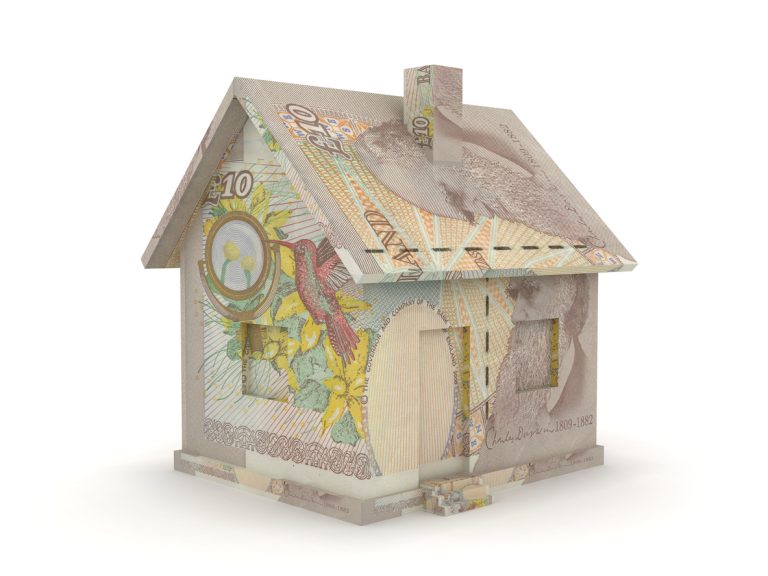Those who buy and sell property often know when is the exact right time to buy. Entry points are the easier part of the equation since most investors instinctively know a good deal when they see one. However, investors struggle with realising when is the right time to get out of an investment. If they hold on for too long, they may miss the absolute top at which to sell. At the same time, selling too early could cause the investor to miss out on potential profits. Here are some ways to know when an investment property should be sold. One of the primary considerations does not even relate to the market for the property itself. Rather, it relates to other potential investments and opportunities. The most important thing that an investor has going for them is their capital. There is never an unlimited supply of capital, and investors will continuously need to decide where their capital is best deployed. While the real estate investment may be profitable, there may be another investment that could potentially make even more money. For example, when the equities market is consistently offering a higher rate of return, it may be better to scale back in the real estate market. Alternatively, if there is another property that offers the prospect for higher income, it may warrant shifting around the property portfolio. This is known as the opportunity cost of real estate investing, and it is one of the most important considerations as an investor’s money may be tied up for a long time. On a similar note, changes in property prices or other investments may also change an investor’s asset mix. Optimally, investors should have a diversified and varied portfolio that is spread across many asset classes. This is to act as a hedge against an uncertain economic environment. For example, real estate may underperform when the equity markets are stronger. If there is a wildly profitable investment, it can mean that a majority of an investor’s portfolio consists of real estate. While realising profits is generally a good thing, diversification of portfolio is desirable as well. At a certain point, when the value of real estate holdings dwarfs other assets in a portfolio, it may be time to either take some profits or shift around investments. In addition, investors need to be aware of the current taxation environment for investment properties since that will affect the total mortgage payment on the parcel. In the UK, the taxation credit for financing costs for investment properties is being phased out and will result in a much lower credit by 2020. This means that investment properties may become less profitable depending on how they are financed. Different countries treat financing costs in various ways, and a change in the taxation structure can make the difference between a profitable investment and an unprofitable one. In addition, investors must also be aware of the potential profit on their property and what taxation rate it would mean they have to pay. As a result, investors should be closely following any possible change in the tax structure to see if it benefits or hurts their property investments. Finally, an investor should always consider their own personal financial situation when deciding whether and when to sell an investment property. While real estate investments have many positive attributes, liquidity is not one of them, unless investors can borrow against the value of their property. If an investor has a certain upcoming life event that may require more liquidity, it may be a wise idea to sell an investment property. While investors should not hastily exit investment opportunities, there are just some occasions that necessitate selling. However, life events may also mean that it would be more beneficial to maintain a property that can lead to passive income. Thus, changes in personal situations do not always mean that selling is the correct decision.





